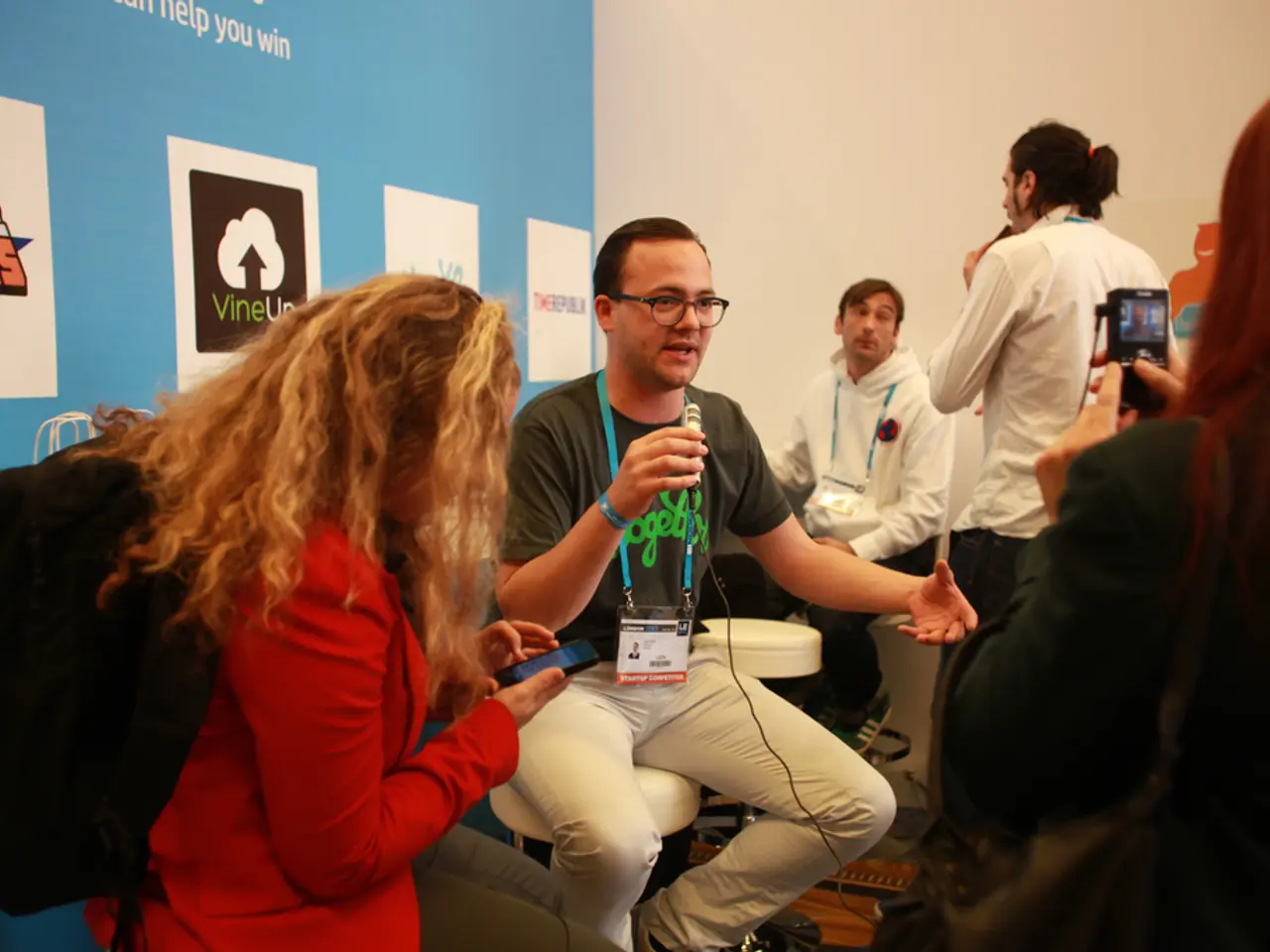WhatsApp Introduces Advertisements in Status Messages
In a significant move, WhatsApp, the popular messaging platform owned by Meta (formerly Facebook), has announced plans to introduce advertisements and paid channel features as part of its broader effort to monetize the platform beyond just traditional messaging services. This change, closely related to a significant update in WhatsApp's business model and pricing structure, is set to take effect on July 1, 2025.
The introduction of advertisements and paid features aligns with Meta's broader ad-based revenue strategy, allowing WhatsApp to generate more income from its massive user base. For businesses, this transition means a shift from a 24-hour conversation-based model to a message-based pricing model for businesses using the WhatsApp Business API. This change encourages more precise cost management and monetization opportunities.
The new message-based pricing model will charge businesses per individual message using templates, providing a more granular approach to cost tracking. This shift also opens up new monetization opportunities via paid channels and advertisement features, enabling Meta to diversify revenues and provide businesses new tools for marketing and direct user engagement within WhatsApp.
The changes in WhatsApp's business model will have implications for both businesses and users. Businesses will need to adapt to the message-based pricing by optimizing their messaging strategies to control costs while maintaining engagement. Advertisements and paid channels could create new opportunities for businesses to reach customers directly on WhatsApp, turning it into a more comprehensive marketing platform.
For users, this may mean seeing ads or sponsored content in WhatsApp, changing the previously ad-free chat experience but supporting WhatsApp's sustainability and development. Meta assures that no personally identifiable information - like phone numbers or message content - will be used for ad targeting.
The focus on paid features and ads indicates that WhatsApp is evolving from a simple messaging app into a broader commerce and engagement platform, integrating messaging with marketing and monetization. WhatsApp's subscription fees for exclusive channel content will be paid via app stores, and some creators and businesses will be able to charge subscription fees for such content.
Advertisements on WhatsApp will initially be shown in its Status section, which collectively sees over 1.5 billion daily users, according to Meta. To promote their channels, individuals and brands can utilise a new Channel discovery section. However, no specific timeline for the rollout of these features in certain countries has been provided yet.
Advertisements on WhatsApp will be targeted using basic metadata like location, language, and channels followed, ensuring relevant content for users. This "natural evolution" of business and discovery tools on the platform is set to roll out globally in the coming months. WhatsApp historically avoided ads, relying instead on Click-to-WhatsApp ads on Facebook and Instagram.
In summary, WhatsApp's introduction of advertisements and paid channel features is a strategic move to monetize communication more effectively by shifting to a message-based pricing model and incorporating new revenue sources like ads. This transition supports WhatsApp’s growth as a business communication and marketing platform while impacting how businesses pay and interact with customers on WhatsApp.
Businesses can expect to transition from a conversation-based model to a message-based pricing model, providing a more granular approach to cost tracking and opening up new monetization opportunities through paid channels and advertisements. This shift in WhatsApp's business model allows Meta to diversify revenues and offer businesses new marketing tools for direct user engagement within the platform.
The new message-based pricing model charges businesses per individual message using templates, and advertisements will initially be shown in the Status section of WhatsApp. This evolution of business and discovery tools on the platform is set to impact how businesses pay and interact with customers on WhatsApp.




